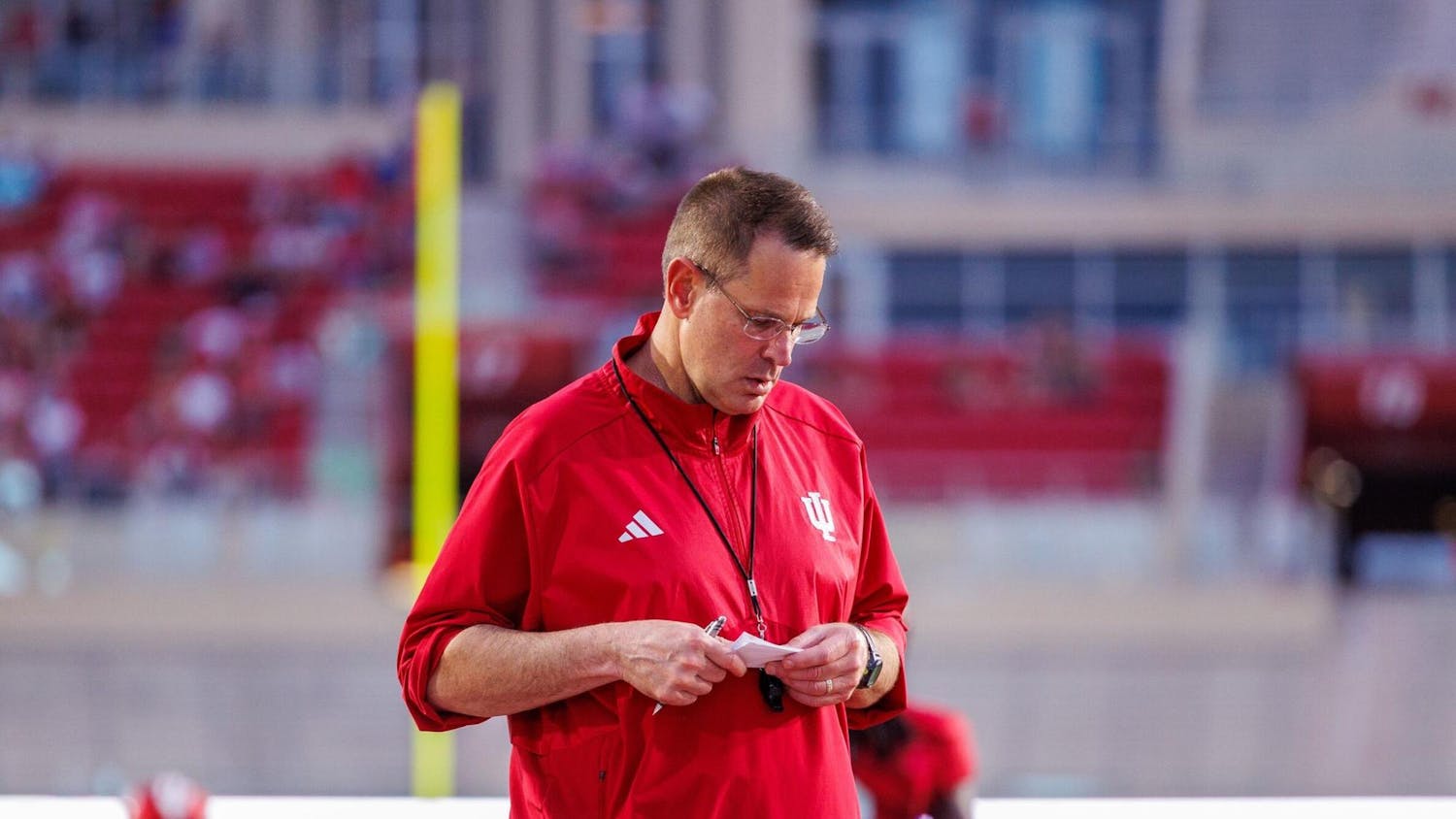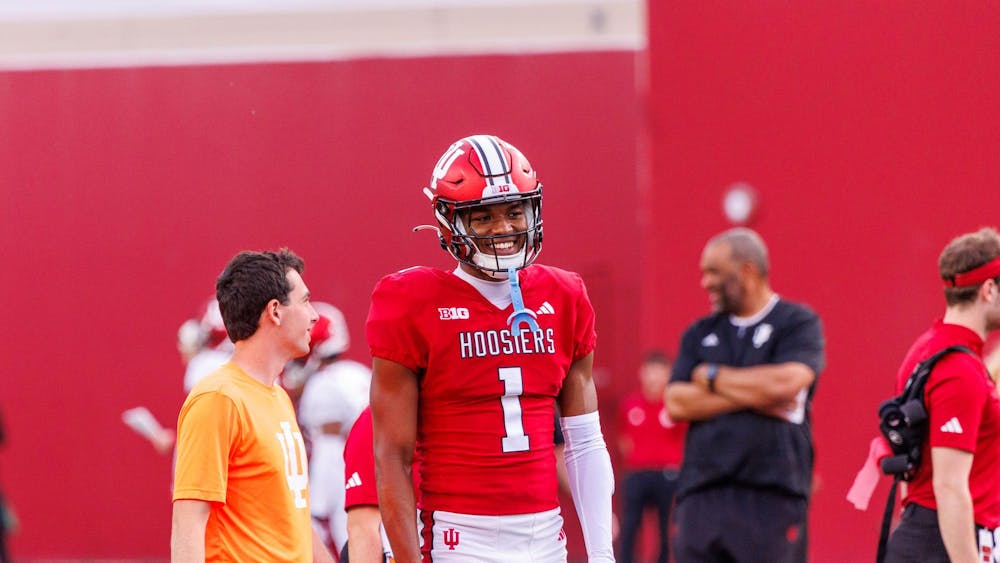In sci-fi author Ernest Cline’s future, we will live in buildings made out of stacked motor homes. The cities will be too crowded and too polluted to commute to, so we’ll plug into the virtual reality hub The Oasis to go to work and school. In the face of a global energy crisis and ecological devastation, we’ll pine for the ‘80s, partially because that decade gave us the Teenage Mutant Ninja Turtles and the Atari 2600, but mostly because the pop culture trivia of that decade is the cypher used by an eccentric tech mogul to encode the secret to his cyber space fortune.
This is the future of Cline’s New York Times bestselling novel “Ready Player One,” which already had a film deal with Warner Bros. before it hit book stores in 2011. The first footage of the film adaptation, which is being directed by ‘80s film guru Steven Spielberg, was shown at last week’s San Diego Comic Con. The trailer billed the movie as the “Holy Grail of Pop Culture” in between footage showing off the Iron Giant, Freddie Krueger and Deadpool. But in the wake of a preview that reference ‘80s touchstones without using them to say anything new, the backlash is already underway.
Kelley School of Business professor Ben Storey is wearing a t-shirt with an illustration of 8-bit Mario emblazoned on the chest. As an aspiring author and a child of the ‘80s, he’s both familiar with the decade from which “Ready Player One” pilfers as well as intrigued by the ongoing dialogue between literature’s past and its present. He says that all pop culture is disposable, and to illustrate his point, he considers Dave Matthews.
Storey loves the Dave Matthews Band, which he discovered as a college student in the ‘90s. Storey says the band was a progressive thing to like back then. The lyrics were interesting and insightful, and in the aftermath of grunge’s performative angst, nobody sounded quite like Dave and his easy-going, jam-centric take on rock.
Now Storey is a 35-year-old professor, and to the generation he teaches, the Dave Matthews Band represents, in Storey’s words, “dude, bro culture.” To today’s generation of college students, Matthews is the guy whose van dumped 800 pounds of human waste into the Chicago River in 2004.
In short: Dave is lame.
Storey has no illusions that Dave is great, timeless art, nor does he have those illusions about any other piece of pop culture. He calls the vast majority of popular entertainment “absolutely ephemeral.” But he also recognizes the power of nostalgia. That’s why Storey can play every Dave Matthews song on guitar, and that’s presumably why people living in Cline’s dystopic 2040s care about the ‘80s.
Storey explains that nostalgia has so much power not because the past was actually better than the present, but because it seemed that way. According to Alan H. Hirsch in his 1992 paper “Nostalgia: A Neuropsychiatric,” nostalgia is a yearning for past built from the “combination of many different memories, all integrated together, and in the process all negative emotions filtered out.”
There’s a page in “Ready Player One” where Cline defines his main character Wade Watts by all the ‘80s entertainment he’s absorbed. The list includes references to “Star Wars,” “Indiana Jones,” “Star Trek,” “Godzilla,” John Hughes, Rush, Van Halen and just about anything else someone who’s rolled a 20-sided die is likely to recognize.
But does it mean anything? Storey’s argument is that it does, but only because they simply remind people of their childhood in the same way that Dave Matthews reminds Storey of his college years.
Others argue that the references are essentially empty. In an article for The New York Times, Janet Maslin provided one of the book’s few negative reviews, writing, “there comes a point when it’s clear that Wade lacks at least one dimension, and that gaming has overwhelmed everything else about this book.”
Cline wrote “Ready Player One” in the late 2000s. He was 8 years old in 1980, and now he’s 45. Posing in front of a DeLorean in his author photo, he looks a little bit like Kevin Smith, and like Smith, he’s found success commodifying his vast knowledge of the geek canon and selling it back to Hollywood.
“I was part of the first generation to have video games, to have computers, to have a VCR,” Cline said in a 2015 interview with Slate Magazine. “I wanted to pay tribute to that. Nostalgia, I think, is good.”
Maybe Cline is right, and maybe nostalgia is good. Or maybe Cline’s just misremembering his own past.






